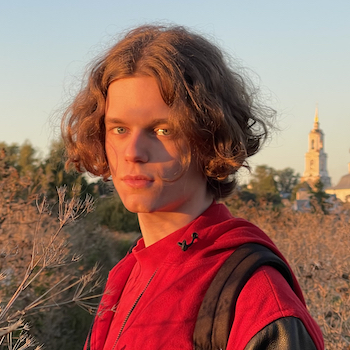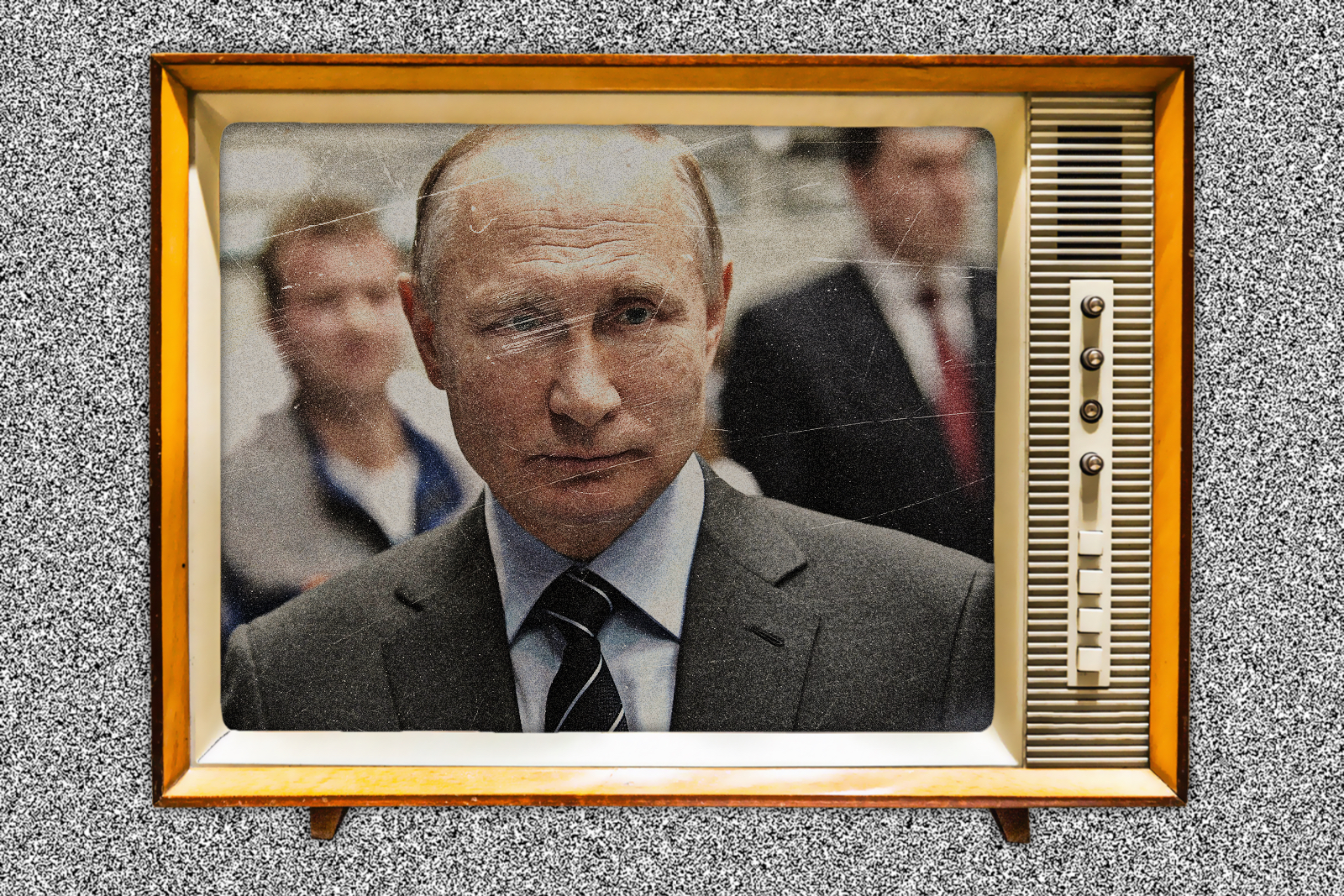
The Next Generation of Russians Deserves the West’s Engagement
Thomas Mann captured the essence of a divided Germany in 1945 when he said, “In no country are there two, a good one and a bad one. The best was turned into the worst through machinations worthy of the devil.” This sentiment resonates powerfully with the contemporary situation in Russia.
In February, I found myself in Tbilisi, the capital of Georgia, which became a temporary sanctuary for thousands of Russians displaced by the war in Ukraine. I was once a news reporter for a prominent Russian business newspaper and was finishing my night shift.
The dawn broke with a hostile message glaring through my hostel window: graffiti reading “RuZZians, go home!” I was working remotely, and during a break, I discovered Airbnb had canceled my reservation in Morocco due to my Russian citizenship. Meanwhile, as I worked on several news pieces, a reluctant reply came from a potential interviewee: “I am not very keen on helping Russians at the moment.”
With a sense of disappointment, but not surprise, I turned back to a piece about new sanctions against Russia. As I worked, the Pet Shop Boys’ “What Have I Done to Deserve This” played in the background, a question I found myself pondering.
Born in September 2002, three years after Putin’s seemingly eternal reign began, I have no memories of life before him. For my generation, the Russian Federation is synonymous with Putin. Many of us became interested in politics in 2017, triggered by Alexei Navalny’s presidential campaign and his bold revelations about corruption within Putin’s inner circle.
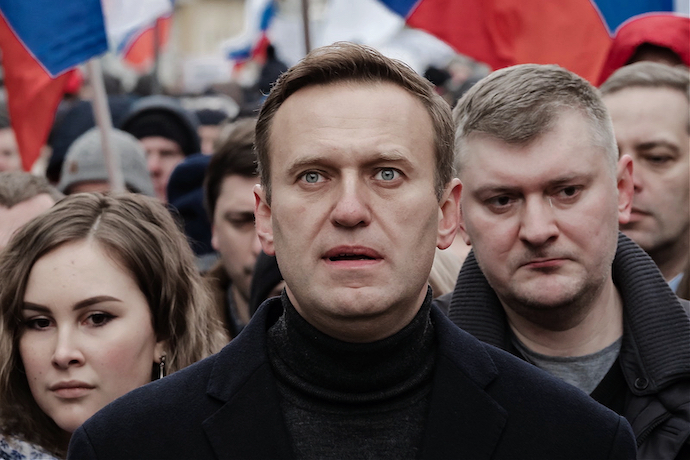
For as long as I can remember, I’ve dreamed of a prosperous and democratic Russia as part of the European family, with Putin relegated to a historical footnote. Yet, in 2022, my generation’s hope for a more civilized, open Russia began to wane, as Euro-Atlantic idealism gave way to skepticism and isolation.
We don’t want to feel estranged from the world. Our aspirations are to travel, connect with Europeans, and perhaps even live and study abroad. But Putin’s war has erected what feels like an insurmountable barrier between Russia and the global community. Leaders like Kaja Kallas, Estonia’s prime minister, Petr Pavel, the Czech president, and Lithuania’s foreign minister, Gabrielius Landsbergis, have voiced harsh sentiments, suggesting restrictions, and monitoring for Russians. These views risk alienating the very generation that could inspire change within Russia. The next generation of Russians needs the West’s understanding, not disdain.
The sentiment of these leaders reveals a harsh reality. But in painting an entire generation of Russians with a broad brush, they risk losing the very people who could change Russia from within. The next generation of Russians needs the West’s understanding and engagement, not its scorn. Many of us feel unjustly stigmatized, placed in the same category as those who actively support Putin’s oppressive regime.
The West has missed a vital opportunity to embrace the young, disillusioned Russians who seek to distance themselves from their nation’s current policies. While Ukrainian students fleeing war are invited to continue their studies in Europe and the United States, young Russians have largely been denied this gesture of humanity. Observers note a stark contrast in the treatment between Ukrainians, who are welcomed with open arms, and Russians who oppose the war, only to face blanket bans or, if admitted into European countries, stringent restrictions.
Ukrainians certainly merit such support. But in focusing solely on them, Brussels and Washington overlook a historic chance. Many Russians feel unjustly stigmatized, lumped together with fellow countrymen who openly support Vladimir Putin’s efforts to subjugate Ukraine.
This situation in general illustrates a clear truth: If Russia remains outside Western political and security systems, it will persist as a source of instability. H.G. Wells articulated this in 1921 in Russia in the Shadows, contending that only the West could prevent Russia’s descent into “peasant barbarism,” even if that meant assisting the Bolshevik government.
History bears out the cost of the West’s indifference. A missed opportunity led to one of the most inhumane, dangerous, and resilient totalitarian regimes in history. Seventy-one years later, with the collapse of the USSR, a promising, moderately liberal, pro-Western Russian Federation emerged. Though plagued by corruption and economic woes, there was hope. Yet again, the West did little to guide Russia away from dictatorship, ignoring such warning signs as tanks shelling parliament on the orders of Boris Yeltsin in 1993 and a constitution that effectively obliterated checks and balances.
Rather than aiding Moscow to pursue political reforms and overcome financial crises, the Clinton administration sought to exploit the situation, as documented in Strobe Talbott’s The Russia Hand. Filled with shameful anecdotes, such as leveraging Yeltsin’s alcoholism to further American interests, the book also contains Talbott’s cynical yet ill-considered remark on Putin, portraying him as a weak politician totally dependent on the West. In a 2002 interview with Moskovskij Komsomolets, however, Talbott acknowledged the insufficiency of Western social and economic assistance to a Russia that was attempting to align itself with the West.
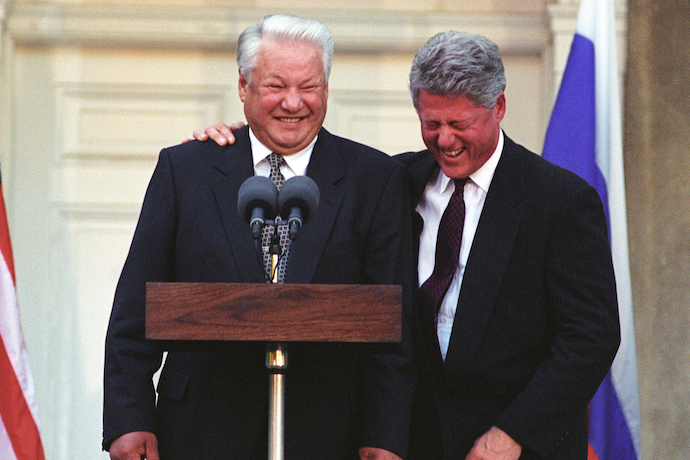
The path of history is littered with opportunities lost. As young Russians look to the West for understanding and partnership, it is paramount that past mistakes are not repeated. To build a stable and secure future, the West must recognize the complexity of Russia’s identity and invest in those who seek a progressive, peaceful path forward.
The somewhat neoconservative notion that the West has a moral obligation to assist developing states as they embark on the difficult journey toward liberal democracy is often derided as neocolonialism or dismissed as unprofitable by isolationists and paleoconservatives. Critics frequently cite contentious cases of democracy export, such as the invasions of Iraq or Libya, to justify their skepticism. Putin, in particular, is infamous for invoking such examples to justify his own military interventions.
While critics deride the West’s moral obligation to aid developing states as neocolonial, they overlook successful examples of non-military assistance. The post-Second World War Marshall Plan fundamentally shaped Europe, but similar support was denied to Russia after the Soviet collapse. The West’s approach resembled indifference rather than assistance.
In reality, the West’s approach to Russia after the Soviet Union’s collapse resembled the ill-conceived Morgenthau Plan rather than the Marshall Plan, characterized by inactivity and indifference. Bill Clinton’s grand strategy of “democratic enlargement,” to sever former Warsaw Pact countries’ economic and cultural ties with an already weakened Moscow, reflects this attitude.
Russia’s “young reformers” were taken aback by the West’s treatment. They found themselves battling a severe crisis with shock therapy reforms. The West’s lack of financial aid contrasted starkly with the support provided to Mexico during the currency crisis in 1994. The lingering Cold War mentality deemed investing in Russia unthinkable. Two decades later, Petr Aven, a former government minister around this time, questioned James Baker, an architect of U.S.-Russia relations, about why the West provided so little financial aid to Russia in the 1990s.
Aven contrasted Mexico’s $40 billion financial aid package with Russia’s mere $1 billion loan from the IMF in 1992—without any assistance from the West. Baker’s response revealed a lingering Cold War mentality: investing billions in Moscow seemed unthinkable. A Marshall Plan for Russia, he insisted, would never have garnered American support.
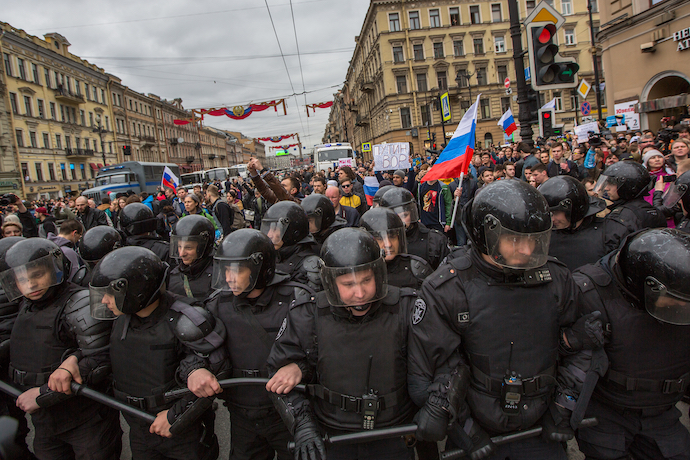
As a Russian, I can attest to the lasting impact of Western indifference. The reform attempts of the 1990s shaped public opinion and Putin’s rise in the 2000s leveraged national economic growth against the turbulent 1990s. The failure to support genuine liberal economic reform allowed the deterioration of liberalism in Russia. The West’s error lay in viewing Moscow as a rival, not a partner.
This historical context explains why “liberalism” has become a dirty word in Russia. Petr Aven’s suggestion in 2012 that even $20 billion in financial assistance could have fostered genuine liberal economic reform in 1992 rings true. It could have prevented the deterioration of liberalism and Western values in contemporary Russia. Yet, the West’s greatest mistake was viewing Moscow as a rival, not a potential partner during a critical period of political transformation.
In my view, this miscalculation led to the rise of Putinism, neo-Sovietism, wars, regional annexations, and the jailing and murder of Putin critics like Boris Nemtsov and journalists like Anna Politkovskaya. Post-Soviet Russia in 1991 found itself in a disorienting vacuum after the death of the communist dream and the West chose to focus on Eastern Europe, NATO, and EU integration. The potential for a partnership was squandered, and the opportunity to positively shape the next generation of Russians was lost.
In the 1990s, the Russian political landscape became a chaotic battlefield. Populist figures such as Vladimir Zhirinovsky, who led his party to victory in the 1993 legislative elections with slogans like “Every woman needs a husband,” stood alongside neo-Nazi Alexander Barkashov and eccentrics Eduard Limonov and Aleksandr Dugin. These individuals, known for their radical anti-Atlanticism speculated on revanchism and post-Soviet nostalgia. Putin later adopted and expanded this insidious doctrine.
Putin’s influence won’t be the last time a Russian politician effectively manipulates citizens with pro-war, anti-American, homophobic propaganda, fostering another dangerous dictatorship on ideological soil. The international community must take action to prevent Russia from devolving into an uncontrollable political experiment every few decades. A so-called “conservative turn” in Russia can be prevented, and I believe engaging with its youth can accomplish this.
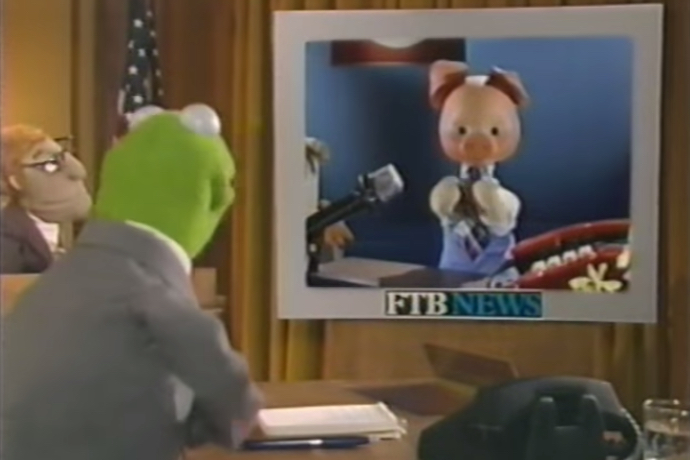
This past spring, Foreign Policy magazine published two contrasting articles on the political role of young Russians. One titled “Russia’s Frighteningly Fascist Youth” illustrates a grim picture of brainwashed youth, fascinated by government-controlled pop culture. Although alarming, this perspective risks becoming an ultra-pessimistic and profoundly erroneous generalization.
It is true that a minority of young Russians manifested pro-Putin sympathies in 2022, but they should not be seen as representative of all Russian youth. Labeling these conformists as a significant political group with a solid value system is to fall victim to cognitive bias.
In contrast, “Putin’s War on Young People,” offers optimism. Its author, Lucian Kim, provides insights into young Russians’ problems and highlights their sophistication and global awareness. Despite knowing no other leader than Putin, today’s Russian youth are politically active, Internet-savvy, and share the sensibilities of their European and North American peers.
Kim concludes by recognizing Russian youth as the world’s best hope for positive change in Russia, even though their voices have been silenced. The exodus of young Russians seeking opportunities abroad demonstrates their need for support.
Nobel Prize-winning editor Dmitry Muratov emphasizes the uniqueness of this young Russian generation, noting their empathy and unwillingness to partake in violence. I believe that Western media, academia, and politicians can actively support them in three relatively simple steps.
Launch a 21st-century Space Bride targeting Belarussian, Russian, and Ukrainian youth as a modern reimagining of the U.S.-Soviet Space Bridge that took place in the 1980s and went down in history as one of the symbols of the Cold War’s end. Creating a collaborative media platform for open dialogue among young individuals from three politically strained nations can foster understanding and shared values.
Initiate large-scale programs to provide Russian and Belarusian students with educational opportunities in the West to counter isolationist strategies and provide a path for growth and betterment.
Craft a plan for a post-Putin Russia. Developing a strategic concept for Russia’s development in a post-Putin era can offer hope and demonstrate a commitment to rebuilding political institutions and reintegrating Russia into the global community.
My three-step plan is not a substitute for direct support for Ukraine or sanctions against Putin’s den of thieves, and Russian oligarchs who have grown wealthy from graft and corruption, but it could unlock the potential of Russian youth. These young people, educated and open-minded, will define Russia’s future.
Without political representation or support from a fractured opposition, young Russians rely on their voices and the support of those who share global values. The West must engage with this next generation, recognizing their role in shaping not just Russia, but a world seeking common values of peace and human dignity.
